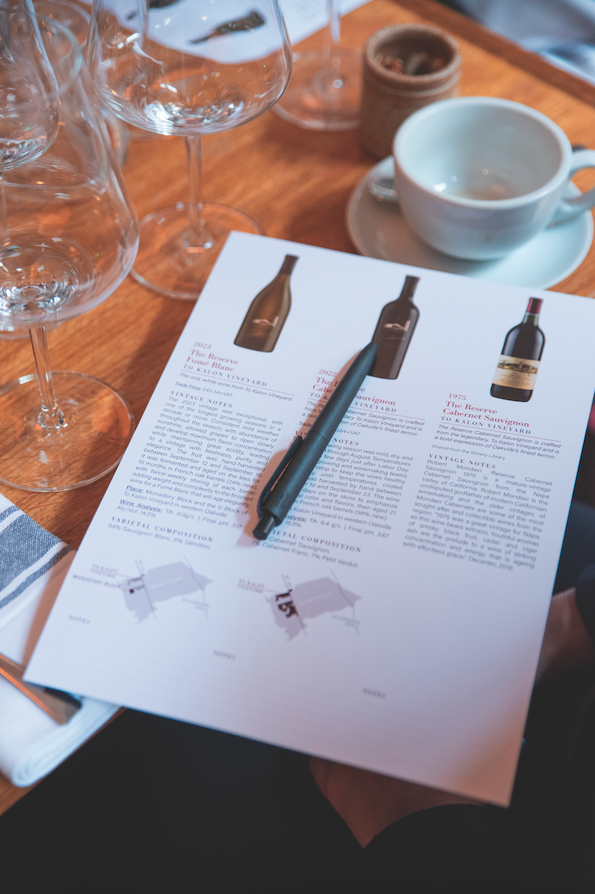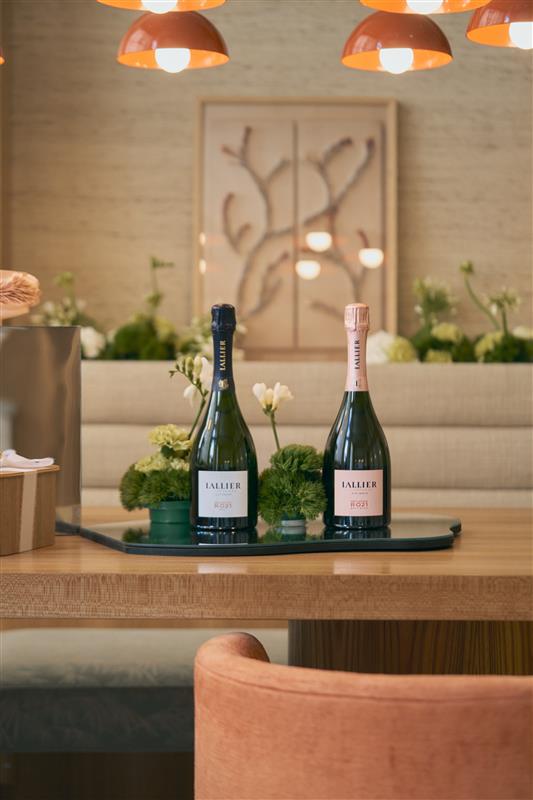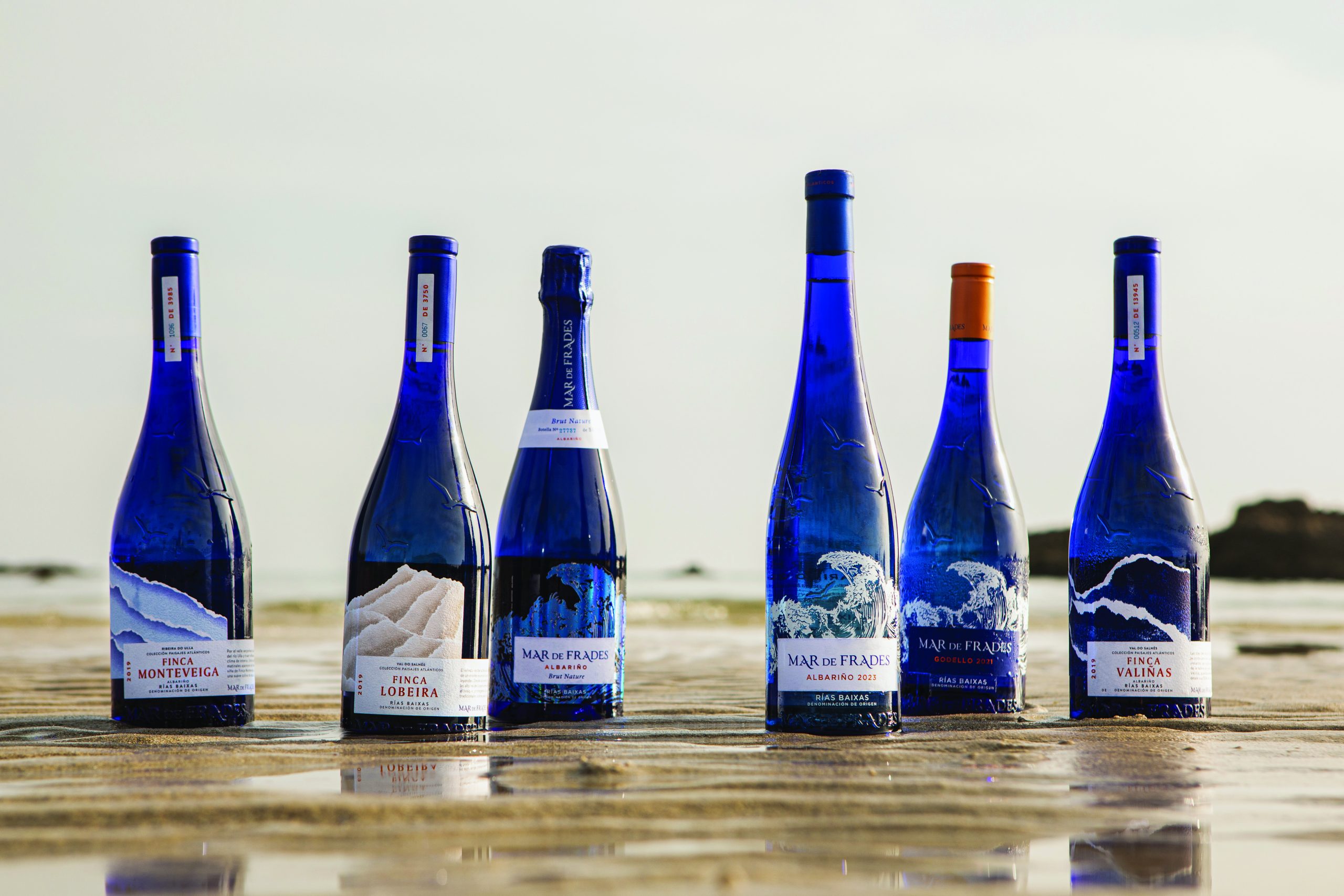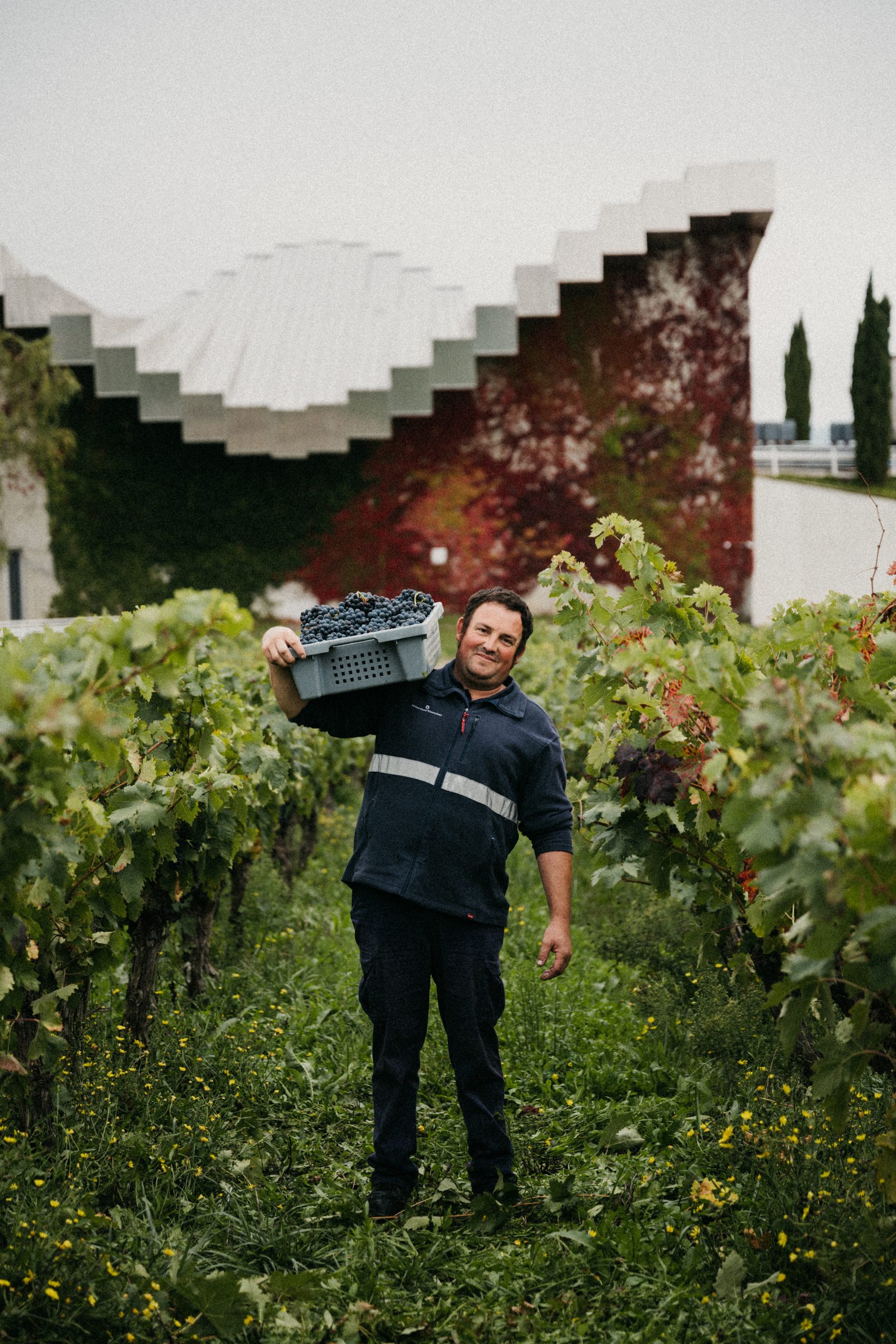South African wine businesses launch DTC platform
A group of South African wine businesses have created a direct-to-consumer platform to help raise exports while domestic alcohol sales are banned.
Called Mind Map Wine, the website was spearheaded by Western Cape winemaker Bruce Jack, in partnership with Ross Sleet of Stellenbosch négociant Rascallion, and De Villiers Graaff of De Grendel wines.
It is a not-for-profit platform that allows wineries to export their products to the UK.
“We are basically going to be masters of our own fate,” Sleet told the drinks business. “We’ve taken on the risk ourselves in terms of shipping our wines, and want to talk directly to consumers and brand owners.”
So far, the wines listed include all three winemakers’ brands, as well as Spanish label La Bascula, a collaboration between Bruce Jack and Ed Adams MW. It is hoped that more wineries will seek to list on the website in the coming weeks, Sleet said.
It comes after South Africa’s wineries, breweries and distilleries have faced months of uncertainty due to the country’s strict coronavirus lockdown measures, which include a ban on domestic alcohol sales to curb alcohol-related admissions to A&E and free up hospital beds.
Sleet said his business partner Jack was already mulling the project over before the coronavirus pandemic, but the three brand owners decided to work together once South Africa’s lockdown measures came into effect.
It has been reported that during the nine-week lockdown, the South African alcohol industry has lost R18 billion in revenue (£852.8 million) and R3.4 billion (£142.1m) in excise tax.
He said navigating lockdown, being unable to sell wine domestically and applying for government relief packages and getting nowhere has been “challenging, to put it nicely”.
“If you take a sane rational view of why alcohol has been banned we completely understand it…but it’s a sledgehammer to crack a walnut.”
Trouble for small businesses
While domestic sales and drinking in restaurants is forbidden wineries are still able to export. Industry leaders have called on people to support South Africa’s producers and drink their wine, as part of a social media campaign called #drinksouthafrican. But, according to the wine brand owner, this isn’t always easy.
Partner Content
“It would be nice if we could click our fingers and export, but saying you can export and ability to do so are two different things.”
“We have a small order going to Japan, but it’s taken four weeks to just get that order onto a boat.”
In addition, ebbing and flowing travel restrictions have led to disruption across the supply chain. “Maybe there’s a Covid issue at one of the ports or the warehouse, so maybe they have to close part of it down…it’s an entire snowball effect,” he said.
Another problem is the lack of face-to-face interaction that many smaller businesses depend on to secure listings and distribution deals. Usually, winery owners would spend most of the year travelling abroad for meetings, tastings and trade shows, but with mass gatherings prohibited, “all those conversations you’d have at ProWein don’t exist. If you’re a big brand owner you’re winning, but if you’re small you aren’t going to get to market.”
Sleet added that he is aware that some wineries may have resorted to “bootlegging” in South Africa to mitigate some of their losses.
“If I take the number of people who have called me asking if I’m selling wine, there must be a fair number of those who are,” he said.
“My biggest fear of what’s happening to our industry is people are going to take the law into our own hands.”
It is hoped the DTC platform he has set up with Jack and Graaff will allow wineries with few options to reach consumers elsewhere, where sales are legal.
The wines are shipped at the producers own expense to London, and each will pay a small charge to cover administration costs.




